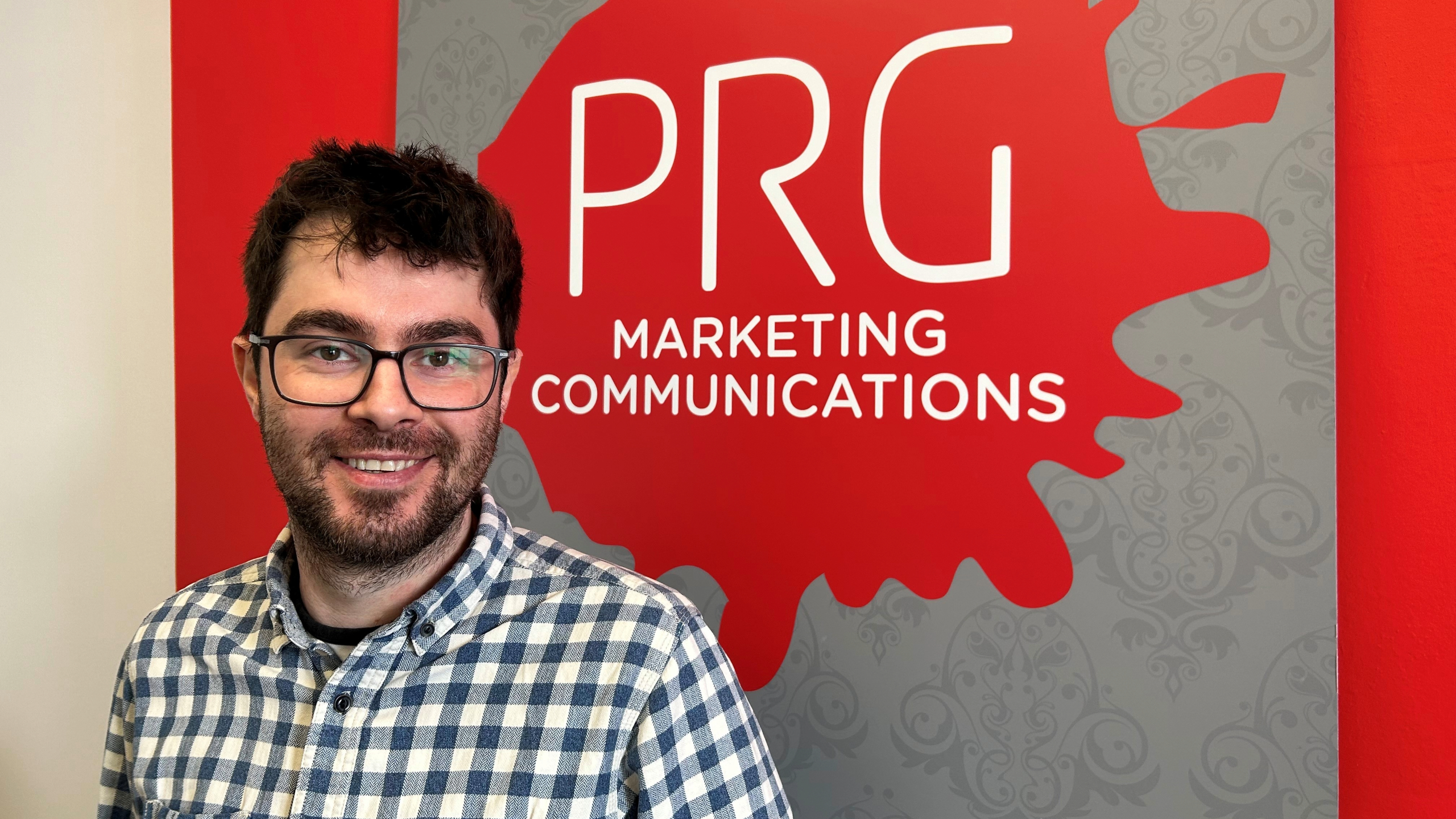
English isn’t always a straightforward language; let’s agree on that from the off. For a start, there is no ham in a hamburger, boxing rings are square and a guinea pig is not from Guinea nor is it a pig! You can be too close to the door to close it, oarsmen can row about how to row correctly, it can take a minute to locate a minute problem; we could go on but you can see the issues posed by the language we love.
Using language – and especially grammar – correctly is not always easy; words and phrases that sound fine in your head, or when used in conversation often don’t work when written down. Misplaced or incorrect punctuation can totally change the emphasis of a sentence. The image used is a superb illustration of this.
A woman, without her man, is nothing – this sentence refers to how a woman needs man to function.
A woman: without her, man is nothing – the same words, used in exactly the same order but this time using different punctuation. As you can see, the punctuation completely changes the meaning of the sentence, focusing now on the strength of the woman.
To celebrate National Proofreading Day on March 8th our copywriting and proofreading experts share five top tips.
They’re vs. Their vs. There
A blog dedicated to grammar wouldn’t be complete without a mention of the three T’s, they’re, there and their.
One is a shortened version of “they are” (they’re), one refers to something owned by a group (their), and one refers to a place (there). You may know the difference, but you would be surprised how many people still get caught out by this one.
The easiest thing is to check, check and check again. If you need to, search through your copy using ‘control F’ on a PC or ‘command F’ on a Mac, check all uses of each version to assure yourself that they’re being used in the right context. It is worth a reminder that you cannot rely on spellcheck for this one, if the word is spelled correctly but used in the wrong context spellcheck isn’t going to pick up on it.
Example
There are two customers in the shop and they’re waiting for their food to arrive.
Incomplete Comparisons
This is one you see far too often in the world of marketing and branding. Can you see what’s wrong with the following statement?
Our internet is faster, better, more reliable.
Faster, better, more reliable…than what exactly? Without a direct comparison the original statement carries no weight. The diet industry often walks a fine line with this, how many times have you seen a product which states ‘40% less fat’? The all-important comparison details can often only be found in small print hidden somewhere, but based on the original statement, the company could be comparing it to an apple; it just isn’t clear. If you want to make a statement about your product or service, be clear!
Referring to a Brand or Entity as ‘They’
This is an easy trap to fall into, but it is important to remember that a business is not plural therefore; the business is not ‘they.’ It is ‘it.’
For example;
To support their local hospice, a team from PRG Marketing ran in the charity pancake race
To support its local hospice, a team from PRG Marketing ran in the charity pancake race
Another variation on this rule is to remember to use which instead of who.
PRG Marketing, who celebrate their 40th anniversary this year….
PRG Marketing, which celebrates its 40th anniversary this year….
It is surprising how often this trips people up.
Possessive Nouns – the Apostrophe Catastrophe
We won’t deny it, apostrophes can be confusing. There are various websites and blogs dedicated to apostrophe super sleuthing; it is always a hot topic.
An example of possessive nouns used incorrectly would be:
All of the teacher’s rooms got flooded.
The above, “all” implies there’s more than one teacher, but the location of the apostrophe suggests there is just one teacher with multiple rooms.
The below are PRG’s top tips
- If the noun is plural, add the apostrophe after the s. For example: the cats’ toys
- If the noun is singular and ends in s, you should also put the apostrophe after the s. For example: the dress’ blue colour
- On the other hand, if the noun is singular and doesn’t end in an s, you’ll add the apostrophe before the s. For example: the dog’s bone
Simple, right? Or is it…if you’re not sure you can always change the sentence structure to remove the need for an apostrophe.
Passive Voice
If you’ve ever used SEO software it’s highly likely that you’ll have come across the term passive voice. But, do you know what passive voice is and why SEO software dislikes it? In a nutshell, passive voice is when the noun being acted upon is made the subject of the sentence. Active voice is when the noun doing the action is the subject.
It’s easier to understand if we give an example;
Active voice – The director will give you instructions
Passive voice – Instructions will be given to you by the director
Switching from passive voice into active voice is straightforward, but it does require a bit of practice, plus the readability score in your SEO software will improve dramatically.
You may be wondering why your readability score relies so heavily on passive/active voice? Surely well written, informative copy is sufficient. To answer this question you need to put yourself in the shoes of a visitor to your website. That visitor has landed with a purpose, they wanted a question answered or were looking for specific information. The Google algorithm rewards websites that deliver what the visitor is looking for, simply and concisely. It really is that simple.

